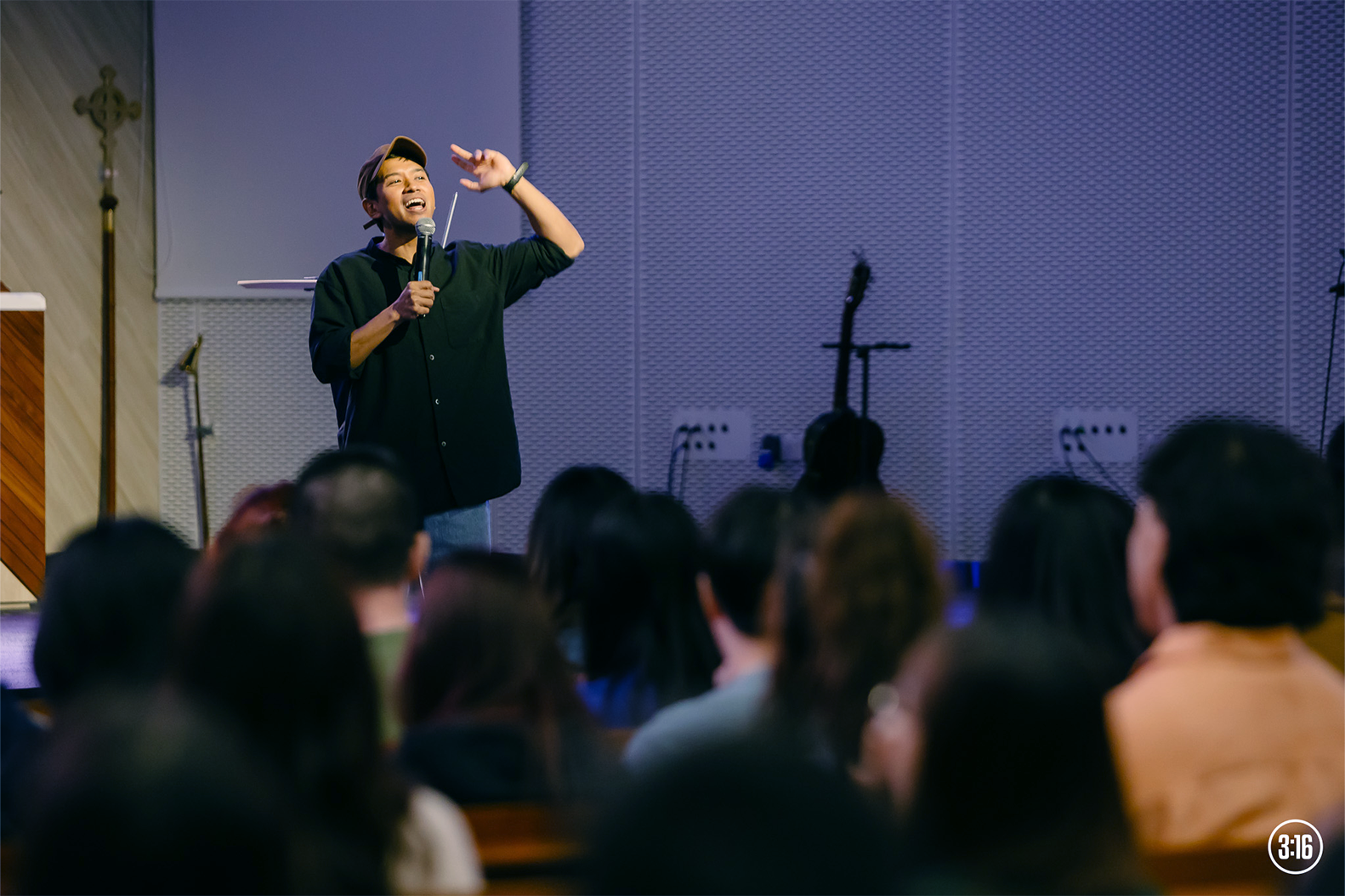This may be my second time voting, but I’m probably feeling as lost as many first-time voters out there.
I’ll be honest: I didn’t do much research for the previous election because I thought that politics were boring and didn’t really concern me anyway.
Five years on, I see that I was wrong on both counts – GE2020 has proven itself to be extremely entertaining (have you seen the memes?) and crucial for young Singaporeans to pay attention to, especially in light of COVID-19.
Now that I’m more keenly aware and interested in how I have a say in shaping the future of my nation, I also realise there are so many knowledge gaps that I need to close. Who are the parties competing in my GRC? Who are the members? How do I find out more about them? Where do I even start?
The political goondu in me feels overwhelmed.
So I can understand if any of you feel intimidated by GE2020, having to educate yourself on Singaporean politics within a short span of two weeks (now down to two days) before casting your vote. But thankfully, I’ve pulled together some tips to make a more informed decision.
Here’s a voting crash course for anyone who needs it.
4 POLI-TIPS FOR THE POLITICS SOTONG:
1. Focus on causes that you care about
You might be thinking, “What if I’m not educated on most of the issues at hand? How do I choose between the parties?”
Well, me too. Because I don’t always keep up to date on current affairs, it can be overwhelming to make sense of the different policies within two weeks.
So instead of cramming in as much information as humanly possible, I find it more useful to start with causes that I already care about.
For example, if I were a 2020 graduate, my foremost concern would be job employment opportunities in an economically challenging climate. What are the various policies proposed by each party to combat this issue? Are they useful? Are they sound?
If you have the chance to speak to a candidate, use it to get an elaborated opinion on topics you care about. This will also help you make a more informed decision.
If you don’t get to meet any candidates, how else will you know where the parties contesting your constituency stand on these issues? Simple: look in their manifesto.
2. Read up on relevant parties’ manifestos
After finding out which parties are contesting in your area, make it a point to find out what their vision and plan for Singapore are for the next five years, which is stated in their manifesto.
I’ll link each party’s manifesto here, ordered by the number of seats contested per party:
- People’s Action Party (PAP)
- Progress Singapore Party (PSP)
- Worker’s Party (WP)
- Singapore Democratic Party (SDP)
- National Solidarity Party (NSP)
- Peoples Voice (VP)
- Reform Party (RP)
- Red Dot United (RDU)
- Singapore Democratic Alliance (SDA)
- Singapore People’s Party (SPP)
- People’s Power Party (PPP)
Some kind souls have broken down the manifestos into TL;DR comparison charts and articles, where you can easily tell at a glance what the different parties’ stands on various topics are. You can also catch a broadcasted statement by each party here.
These condensed resources are great for getting up to speed, but I would still recommend reading the manifestos of the competing parties in your GRC to make sure you fully understand what’s at stake.
Of all the media coverage on the GE, I particularly enjoyed the political debate between the incumbent PAP and three major opposition parties, namely, WP, SDP and PSP, where representatives presented and contested the different policies proposed in their party manifestos.
3. Not sure what their stand is? Ask them!
Don’t make any assumptions based on a candidate or party’s silence on an issue. Have they thought about it? If not, why not? Do they have a stand that they haven’t made public? Could there be a difference between a candidate’s view on an issue and their party’s stand?
The good news is: candidates are obliged to answer your questions if they want your votes. If you’ve missed them going door to door, find their email on their party website or drop them a private message on social media.
At the end of all that, if they still haven’t given you an answer, then you need to consider: if they won’t give you time and hear you out now, will they do so once they’re in Parliament?
And if they give you an answer that goes against your key values – you’ve got some hard decisions to make!
4. Don’t believe everything you hear
Several writers have said this in previous articles: With the GE2020 campaign taking place primarily online, you can be sure that opinions and sentiments will be expressed widely on social media – all the more, we need to think before we believe everything shared.
And as with social media, these concerns are present:
- Emotions tend to run high when people can hide behind their screens
- The nature of social media doesn’t necessarily encourage a two-way dialogue
- How much can one say within a 140-character tweet or a 15-second Instastory?
So while social media is a great place to fish for information, we also need to be aware that everyone has their own biases. Instead of regurgitating others’ opinions before processing them ourselves, take what everybody says with a pinch of salt and take your time to formulate your own thoughts.
SO, NOW HOW?
As I was sharing some of these points with a friend, he jokingly replied that he might abstain from voting altogether. I also had other friends who surfaced questions like, “I don’t know who to vote. Can I just spoil my vote ah?”
To be fair, they weren’t speaking as lazy, irresponsible citizens. The decision between parties is a hard one to make!
I didn’t want to write off their concerns flippantly, so I gave it a thought. What if neither party in my GRC aligns with my personal vision for Singapore? Should I still vote? Is there still a point in voting?
It took some time to come to a conclusion, but my answer is yes.

This revelation came as I was reading the book of Ezra. The context of the story, although it wasn’t an election, was set in a highly politicised environment.
King Cyrus had given permission for the Israelites, who were enslaved by his kingdom, to rebuild God’s temple. However, Israel’s enemies saw this as a threat and successfully lobbied against this decision during the reign of the next king, King Xerxes (Ezra 4:11-22).
Years later, after King Xerxes had died, the Israelites attempted to rebuild the temple again. And once more, the enemies of Israel campaigned against this.
This time, the Israelites petitioned to the new king, King Darius, under the pretext that they had previously received permission to rebuild the temple from King Cyrus (Ezra 5). King Darius, therefore, granted the Israelites their request and they were able to rebuild their temple (Ezra 6:1-12).
DON’T SPOIL YOUR VOTE
Two things struck me as I read this story: Israelites’ faithfulness and God’s sovereignty.
Despite multiple attempts to thwart the reconstruction of the temple, God remained sovereign – what He promised His people came to pass no matter the obstacle or seeming delay.
The Israelites just needed to remain faithful to what they had been called to do.
The same goes for our situation. To some extent, we will always vote for “wrongly” because no party is infallible and no situation is unchanging: There is no 100% sure-win, foolproof, risk-free vote.
But that doesn’t mean we should not vote.
To abstain from voting or to spoil our vote because we are torn between the choices may be the easy way out, but this hasn’t been the way God views good stewardship in the Bible. Remember the parable of the talents in Matthew 25:14-30?
So, first-time voters, don’t be intimidated by our choices and the eventual outcome that we can’t control. We can be good stewards of the voting privilege we have.
Let’s do our due diligence as the people of God and as citizens of Singapore. Together, we commit our decisions to Him in prayer, knowing that no matter the election results, God still remains sovereign over us all.
Happy voting, Singapore! 🇸🇬
- How are you feeling about the upcoming Polling Day?
- What are some concerns you have as a voter?
- What are some ways to overcome them?
- How can you be a good steward of your voting privilege?









